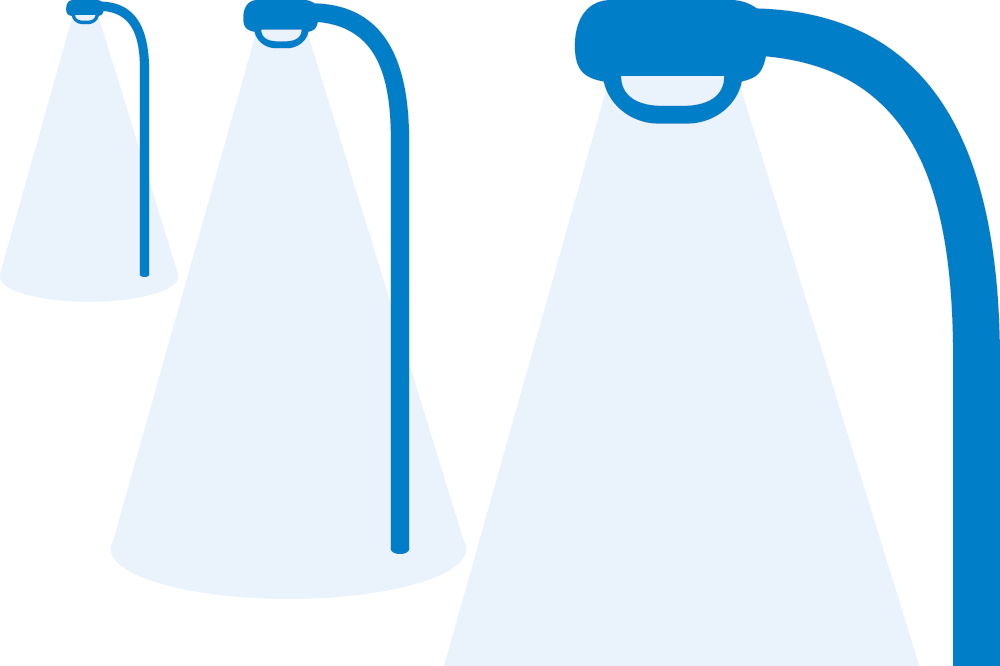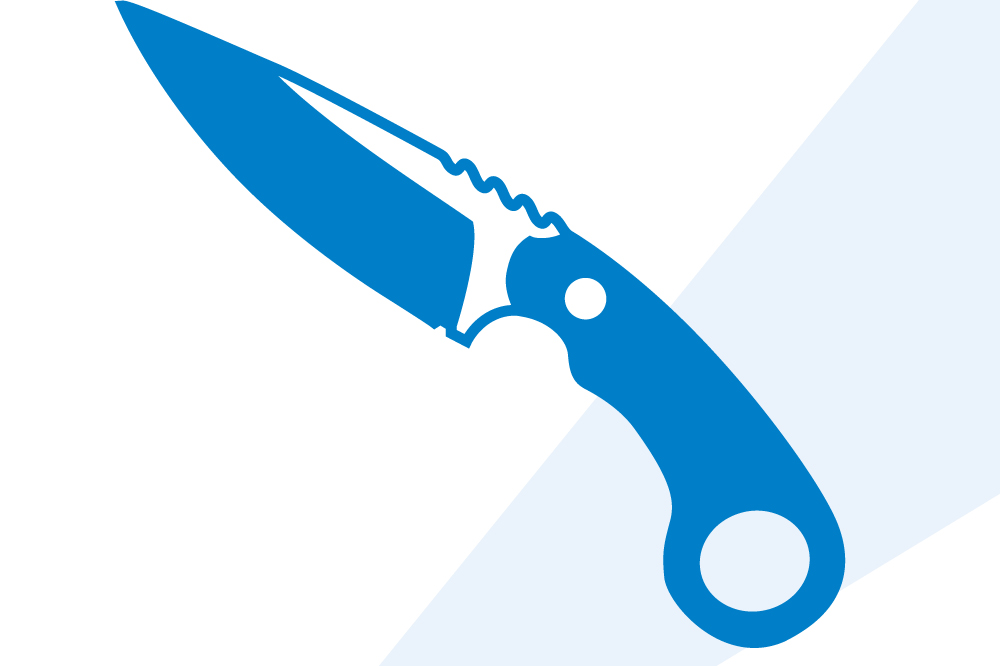Safety advice for young people
The Horsham District is pretty safe for young people, but crimes do happen.
It’s important to stay as safe as you can and to reduce the risk of a crime happening to you. It is also important to stay out of trouble. If you have a criminal record you may find it difficult to get visas to enter other countries such as America or Australia. And remember, if you are with others who are acting anti-socially or committing crime, you could be in trouble for being with them at the time even if you are not doing anything wrong yourself.
On this page you will find some tips and advice to help keep you safe.
Be street smart
- Always let someone know where you are going and make sure to tell them if you change your plans.
- If you have to go out after dark, try not to go out alone and stick to well-lit and busy places. Avoid short cuts through alleyways.
- If you feel unsafe, leave the area and go to the nearest ‘safe person’ eg. Warden / Police Officer / Security Guard or ‘safe space’ eg. a shop / leisure centre.
- Be wary of strangers. If you think you are being followed cross the road or go to a place with lots of people.
- Remember that though you might think you’re just being ‘loud’, other people might think you’re out to cause trouble. Be sensitive to others’ perceptions.
- Be aware that you are more vulnerable if you are under the influence of drugs and alcohol.
- Don’t flash your mobile, jewellery or cash about.
- Think about using a UV pen to mark your valuables and register them free of charge. If they are stolen the police have a better chance of getting them back to you.
- If someone tries to steal something from you, don’t fight back

Be road smart
- Always look both ways before crossing a road and look out for cyclists and vehicles that are overtaking. Try not to cross a road between parked vehicles but cross where you can more easily see and be seen.
- Don’t take chances when crossing the road by dashing in front of vehicles as they may not be able to stop or slow down. Wait for a gap in the traffic and, if possible, use a crossing.
- Pay full attention. Stop talking to friends and don’t use your mobile when crossing a road as you may be distracted and not see what is coming.
- Unplug your earphones if you are listening to music. Not only is it a distraction but you also won’t be able to hear oncoming traffic.
- If cycling, always wear a helmet and high-vis clothing or arms bands. And make sure the brakes and lights are working properly.
- Never use an unlicensed taxi.
- Never get in a car with someone who is under the influence of drink or drugs.

Be online smart
- The internet is a good way for people to hide who they really are so don’t take people at face value. They may have lied about their name or age and their photo maybe fake.
- When gaming and on social media, don’t share any personal details with people you don’t know. This includes your full name, address, age and photos. Even on social media sites, make sure your personal details can only be seen by your friends and family. And never accept friend requests from people you don’t know.
- Never share inappropriate images. Once you have published a photo, it can be copied, altered and shared with anyone without your permission.
- Always have strong passwords and never share these with anyone.
- Never arrange to meet someone you have only ‘met’ online unless you have permission from your parents and they are happy to go with you.
- Be aware that you can be prosecuted for sending abusive texts and emails and for sharing inappropriate content on social media. For more information on online safety visit Think U Know or Stay Safe Online.

Be substance smart
- It is illegal to try to buy alcohol under 18. It is also a crime for someone else to buy you alcohol if you are under age.
- Don’t leave your drink unattended or accept drinks from people you don’t know. Even soft drinks can be spiked.
- Be aware that your behaviour will change when you are under the influence of alcohol or drugs. It will make you more likely to take risks and do things that you wouldn’t normally do when sober. It also makes you more vulnerable to being a victim of crime.
- Be aware that Cannabis is a Class B drug and it is illegal to possess it. This means that if you are caught with some the police will confiscate it and you may be arrested.
- You must be over 18 to buy or use e-cigarettes, e-liquid (Vapes) or cigarettes. If you are under 16 the Police have a right to confiscate your cigarettes.
- For more information and advice visit Talk to Frank (drugs) or Talk to Frank (alcohol).

Be weapons smart
- By law, any object can be considered an offensive weapon if it could be used in a threatening way – not just knives and guns.
- It is a crime to carry an offensive weapon in a public place. Self defence is not an excuse. You could face imprisonment and a criminal record if you are found carrying a weapon.
- You can only use a BB gun (type of air gun) on private property, with the landowner’s permission. If you are seen in public with a BB gun the Police will treat it as an emergency firearms incident.
- Statistically, if you carry a knife it is more likely to be used against you than anybody else.
- For more information and advice visit the Childline website.

Emotional wellbeing and mental health support
If you need help with your emotional wellbeing and mental health visit the Your Mind Matters website.
If a crime has been committed against you
If you have had a crime committed against you call 101 - or 999 if it is an emergency. You can also report a crime online.
If you wish to report a crime and wish to remain anonymous, contact Crime Stoppers or Fearless.
Getting support if you are a victim
It's ok to feel frightened, angry or confused. To get further support, you can contact Victim Support.
